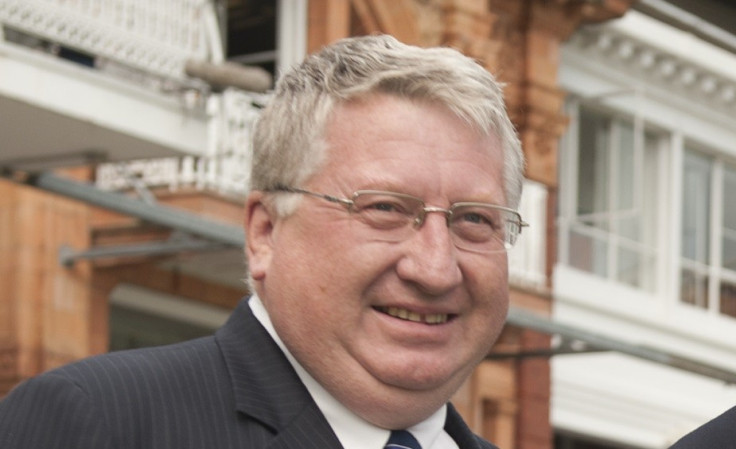ECB Hoping to Prevent Repeat of 1999 World Cup Disaster in 2019

England Wales Cricket board chief-executive David Collier is confident the 2019 World Cup's revised format will prevent a repeat of the problems which befell the tournament in 1999.
Inclement weather, the implementation of the Super Six stage which saw 42 matches staged across 21 venues in five different countries and England's dismal group stage exit contributed to what is regarded as one of the worst major global sporting events of recent time.
The tournament in 2019, two decades on from the last competition to be staged in England, will revert to a round-robin format with 10 countries, four fewer than in the 2015 event co-hosted by Australia and New Zealand, playing each other once before a semi-final and final stage.
The 48 matches is an increase on the number in 1999, but the format will ensure fewer dead rubbers while the quality of matches is likely to mirror the condensed Champions Trophy structure, which involves just eight sides.
"We will be going back to ten teams in that competition, and what will be interesting is a lot of people talk about which World Cups were the most successful; we had an all play all scenario to start with and that's exactly how this tournament is going to be run," Collier said.
"It's great for us because we can guarantee that England will play Australia, England will play India, India will play Pakistan and those marque games are tremendously valuable to a worldwide audience.
"We negotiated with the CEC (Chief executives committee)to get down to 10 because we wanted to make the tournament slightly more compact so there will be a qualifying tournament for the 2019 World Cup in 2018 which I think is great news for everybody.
"Part of that [the problems of 1999] was down to the format of the tournament which is out of our control. Basically the format of the tournament we think is infinitely better this time around and we're really delighted with the format of the tournament."
Along with hosts England, the top seven sides in the one-day International Cricket Council rankings at a yet to be announced cut-off date will qualify automatically based on 50-over results from 1 May next year.
Sides must play a minimum of 25 matches in the qualifying period to be eligible for automatic passage, but with only seven places available a handful of test playing nations will be forced to qualify via a tournament in 2018 to fill the final two spots.
The reduced number of teams entered for the 2019 World Cup continues the gradual ostracism of the associate cricket nations without test status, with four teams qualifying for the tournaments in 2011 and 2015, while six won through to the event in 2007.
The busy cricketing calendar means this year's Champions Trophy will be the last, as it makes way for the World Test Championship starting in 2017, and therefore Collier believes the shorter run World Cup can replace the excitement of the ICC's second tier one-day event while retaining the prestige.
"I wouldn't say its marginalising; I'd say it's the opposite," Collier, speaking at the Nolan Partners Sport Industry Breakfast Club, added.
"Because if there's a qualifying tournament of say eight teams it actually gives them more to play for in that area. There is no point in having 20 teams in the qualifying tournament. To have eight is absolutely ideal."
Having signed the host agreement with the ICC in May, the ECB will begin the process of selecting the 10 venues for the World Cup immediately, with bids expected from the nine grounds already with test match status.
Lord's, The Oval, Trent Bridge, The Ageas Bowl, Old Trafford, Headingley, Riverside, The Swalec Stadium and Edgbaston are all expected to be chosen to host matches.
The likes of Gloucester's Nevil Road, which has previously held one-day internationals and Somerset's County Ground, which is set for a renovation in line with ODI cricket requirements in time for 2015, are among the stadia likely to bid for the final spot.
"The ground would have to be internationally accredited so they have to meet the minimum standards but it doesn't have to be the nine test grounds per say," Collier explained. "The probability is that other grounds would have to be internationally accredited.
"There's the likes of the Derby's, Taunton, Hove. Leicester was used in the last World Cup; it could be any of those.
"We will have to go through the criteria, so we will go through the bids to see which grounds want to be considered and then appoint those grounds. We will probably do that within the next two years."
© Copyright IBTimes 2025. All rights reserved.






















